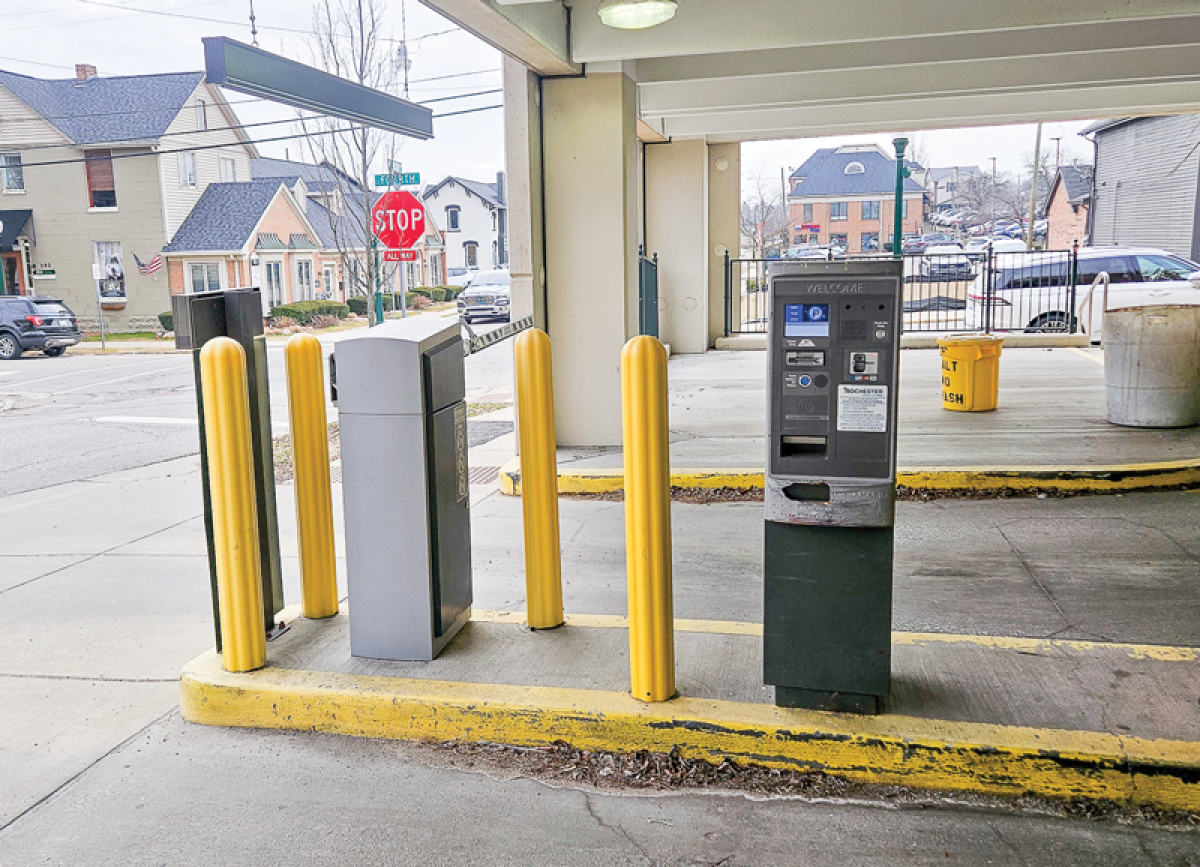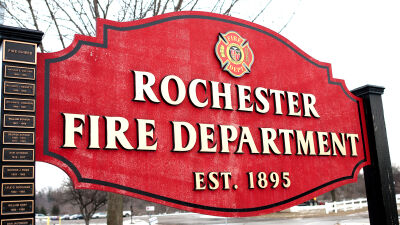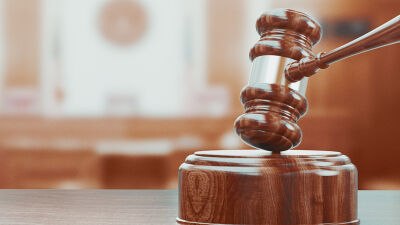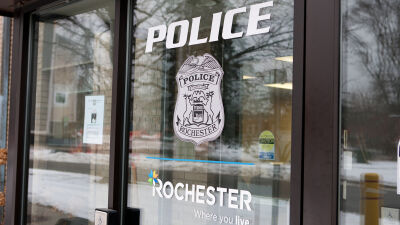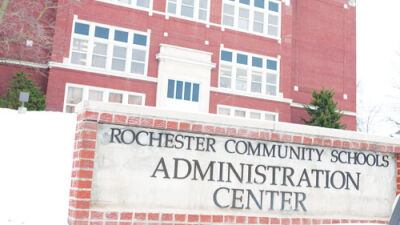ROCHESTER — Those who frequently park in the city of Rochester should be aware of some recent changes to the downtown parking system.
On Jan. 1, the city altered its parking meter enforcement times from the previous 9 a.m.-9 p.m. to 11 a.m.-11 p.m. Mondays-Saturdays.
The move, Rochester Police Chief George Rouhib said, allows frequent visitors to park for free in the morning, when they come down for a walk, to shop or to grab a drink.
“It gives the people who come to town every morning just to walk around for a few hours, at the most, the chance to park for free. This way, we can capture the bar crowds, the night crowds, who come in at night,” he said.
The parking meter rate remains the same at $1.25 per hour Mondays-Saturdays, while meter parking remains free on Sundays, federal holidays and for those with a handicap sticker or license plate.
Rouhib said the city provided a 30-day grace period for fines to allow drivers to get used to the new meter enforcement times.
Rochester offers a number of parking options — including up to three-hour metered on-street and alley parking; up to 12-hour metered off-street parking; and two parking platforms, which are free for the first hour.
Parking meter fines were also recently increased from $10 to $20. If the fines are not paid within 14 days, the fine jumps to $50 — a rise from the previous $40.
“These fines are consistent with other communities that offer metered parking and will help offset some of the expenditures involved in the parking program,” Rouhib said.
Prior to the pandemic, the parking fund was trending toward self-funding, according to city documents, but as parking revenues declined in fiscal year 2021, the Downtown Development Authority ended up having to contribute $508,118 into the parking fund. In fiscal year 2022, an additional $695,837 of the city’s American Rescue Plan Act funds were used to offset parking revenue losses and stabilize the fund.
To cover the bond debt and ongoing, day-to-day expenses, both the city’s Parking Advisory Committee and the City Council said they would like revenues over expenses to accumulate an additional $100,000 yearly to cover the expected large maintenance costs — for things like gate technology, deck maintenance, parking lot resurfacing and more — that will occur every two or three years.
“You don’t know in seven years (that) you will have to spend $400,000 to replace the guts of these meters because 2G now becomes 5G,” City Manager Nik Banda said. “Chief George inherited the next level here, which is the actual infrastructure inside the moving parts of the parking structure.”
The Rochester City Council approved the parking system changes in late 2023, although they did not go into effect until January of this year, with a grace period for fines.
Sometime this March, both of the city’s parking decks will receive new entrance and exit kiosks and arm barriers. The new technology that is built within the kiosks — which includes a touch-screen to get tickets, a scanner to use when exiting and a credit card-only payment option — will help increase traffic flow and reduce monthly maintenance costs, according to Rouhib. The cost savings can then be used to upgrade the decks, when needed.
Most of the issues that cause backups have to do with coins or currency jamming the system.
“There’s nothing worse than waiting in line for someone to shove a token in a machine and it gets stuck and traffic is backed up,” Rouhib said. “I betcha 90% of the issues at the structures — and we do have a lot of issues — is the jammed machines from the coins, from the dollar bills, especially $10 bills.”
The move to credit card-only payments shouldn’t be too much of a change for structures users, he added, because approximately 82% of them are already using credit cards to pay for their parking fees.
“Times have changed, and we have to adapt to those changes,” said Rouhib.
 Publication select ▼
Publication select ▼